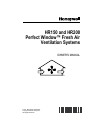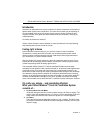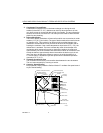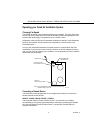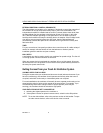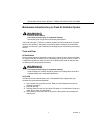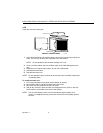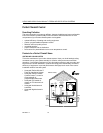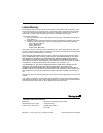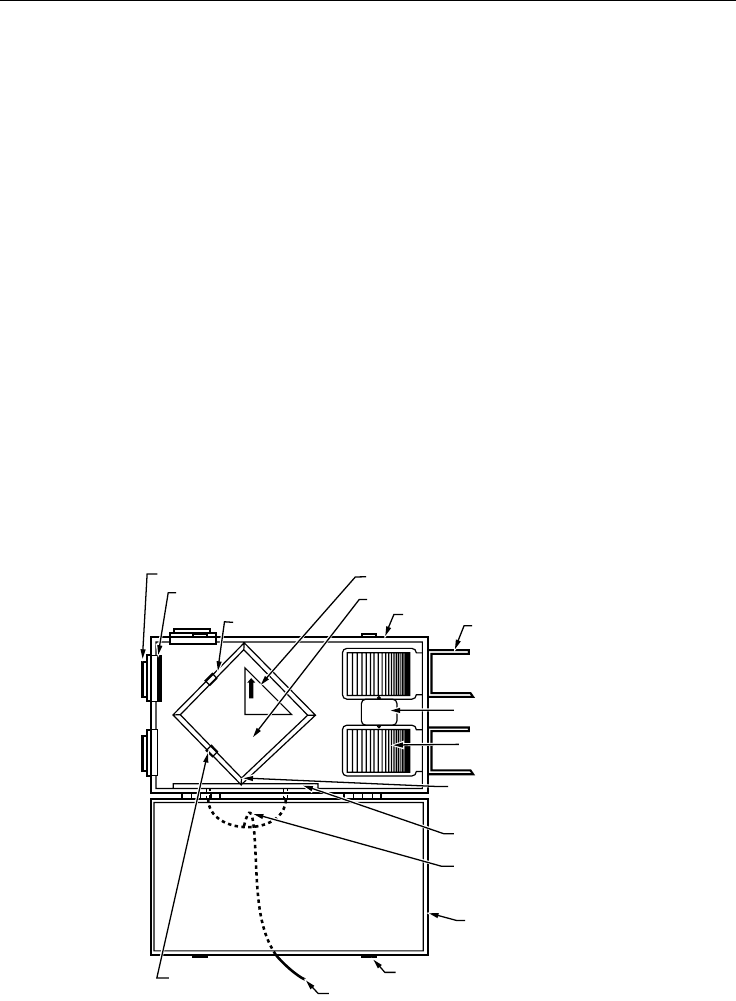
HR150 AND HR200 Perfect Window™ FRESH AIR VENTILATION SYSTEMS
69-0994—4 4
3. Condensate Tray and Drain
Condensation normally forms on the heat exchange core during the cold
weather (below 29°F or -2°C). Moisture can build up when the warm air from
your home comes in contact with the cold air from outside. The tray collects the
moisture and funnels it to the drain. The drain pans are made of therrnoformed
plastic for easy cleaning.
4. Defrost Mechanism
The built-in defrost mechanism will remove frost which can accumulate in colder
weather (21°F [-6°C] and colder). The type of defrost mechanism used is known
as “damper style”. This consists of an electronically controlled damper door
(attached to a small electric motor) that moves to block off the outside cold air
entering the ventilator. If the outside temperature drops below 27°F (-3°C), the
defrost timer is activated. The timer activates the motor driven damper door
mechanism which temporarily moves to close off the outdoor air supply and
opens another port on the ventilator that allows warm indoor air to enter the core
to help the defrost. Approximately three minutes after the defrost cycle is acti-
vated, the timer will signal the damper to return to its original position for a
2.7 minute period. The defrost cycle will repeat until the outside temperature
rises above 27°F (-3°C).
5. Thermally Conductive Core
The cross flow heat recovery core transfers heat between the two airstreams.
The core removes easily for cleaning or service.
6. Controls - Speed Control
Easy operation, simply rotate the Perfect Window™ ventilator fan speed control
to your desired setting.
DAMPER DEFROST
(MOTOR AND DOOR)
CORE INSTRUCTIONS
CABINET
DEFROST PORT (NON-DUCTED)
FILTER CLIPS (2)
HEAT EXCHANGE CORE
FILTERS (2)
H CHANNEL
(CORE GUIDE) (4)
DRAIN P TRAP
DUCTING
(4 PORTS)
SQUIRREL
CAGE FAN
MAIN MOTOR
DRAIN PANS
DRAIN LINE
DOOR KEEPER PLATE (2)
INSULATED
ACCESS DOOR
M11705A



